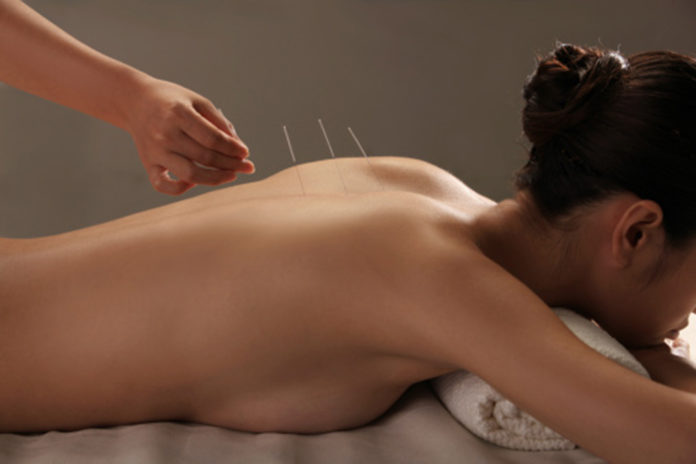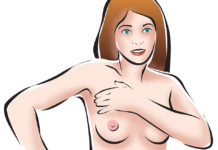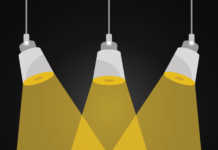
Restore your health with this ancient form of Chinese medicine.
by maria papasodaro, nd
THE BASICS
Just as nature contains air, water and land, the human body is comprised of qi, moisture and blood. Qi circulates within a web of pathways called “channels” or “meridians” that link all the parts of the organism.
THE GOAL
Acupuncture aims to adjust and harmonize Yin and Yang, cold and heat, inner and outer, body and mind. Acupuncture is based on the assumption that qi flows through the organ meridian lines of the body. The flow of qi can be disturbed by stress, anxiety, poor nutrition, weather, infections and trauma. By inserting needles into specified points along the meridian lines, the flow of qi can be restored.
CONDITIONS TREATED BY ACUPUNCTURE
•
Chronic Pain (joint/back problems, sciatica, muscular tension); Ear/Nose/Mouth/Throat (tinnitus, toothache, nausea); Infertility/Menstrual; Digestive and bowel; Headaches/migraines; Emotional: anxiety/depression/eating disorders; Sports Injuries; Facial Rejuvenation; Breathing and lung problems (asthma, sinusitis, cough, colds); Neurological (Bell’s palsy, MS, neuralgia); Addictions/Smoking cessation
WHAT TO EXPECT
Asian medicine, including acupuncture, is one of the areas of expertise of naturopathic doctors. Duration of treatment depends on the nature of the complaint, its severity and how long it has been present. Acupuncture may be scheduled as often as three times a week or as little as twice per month. Insertion of the needles goes unnoticed by some and to others feels like a small pinch. Needles can remain in place for a couple of seconds or as long as an hour. Typical treatment is 15 to 20 minutes in length. Some notice an instant relief of symptoms or feel more energetic in the days that follow the treatment.












